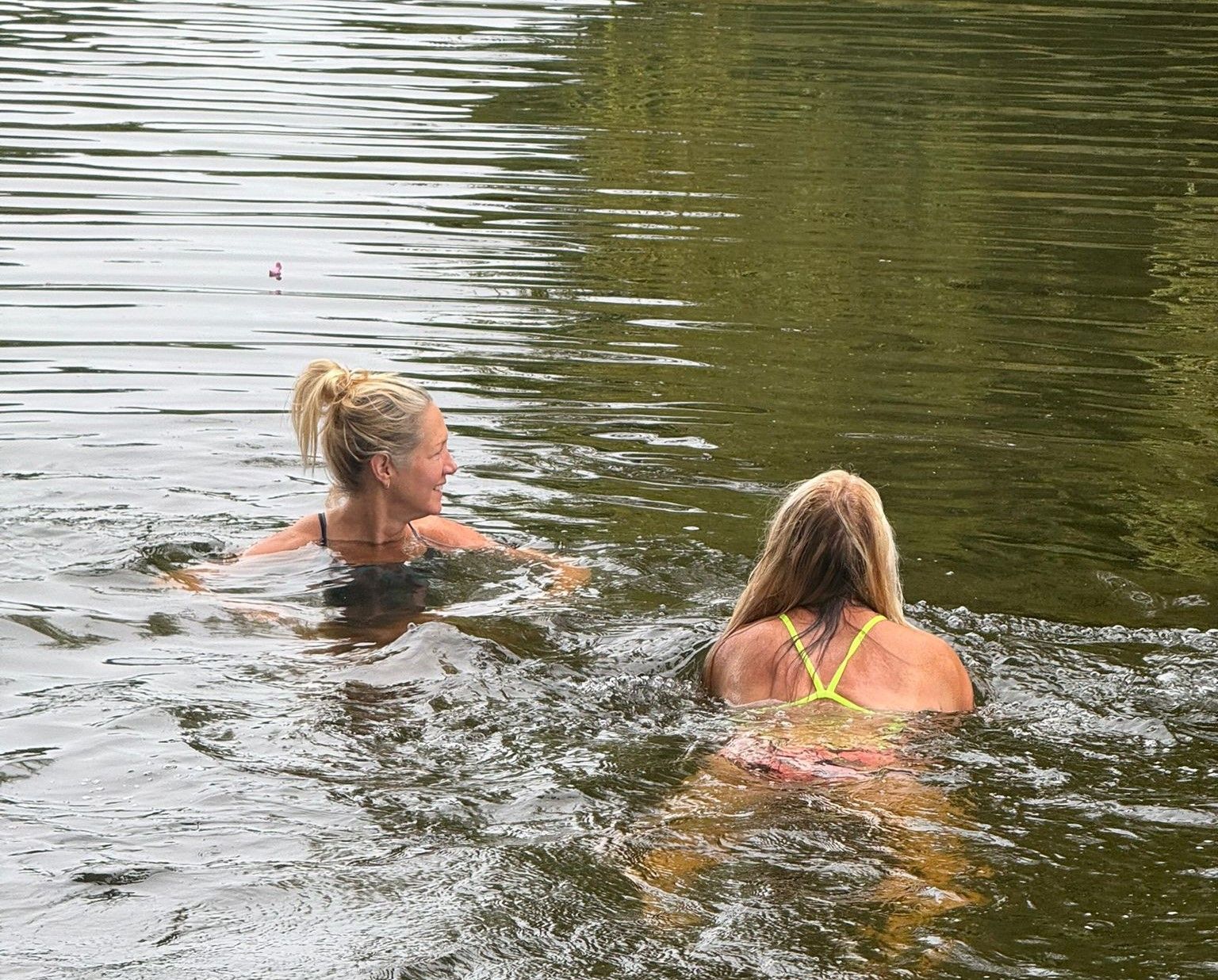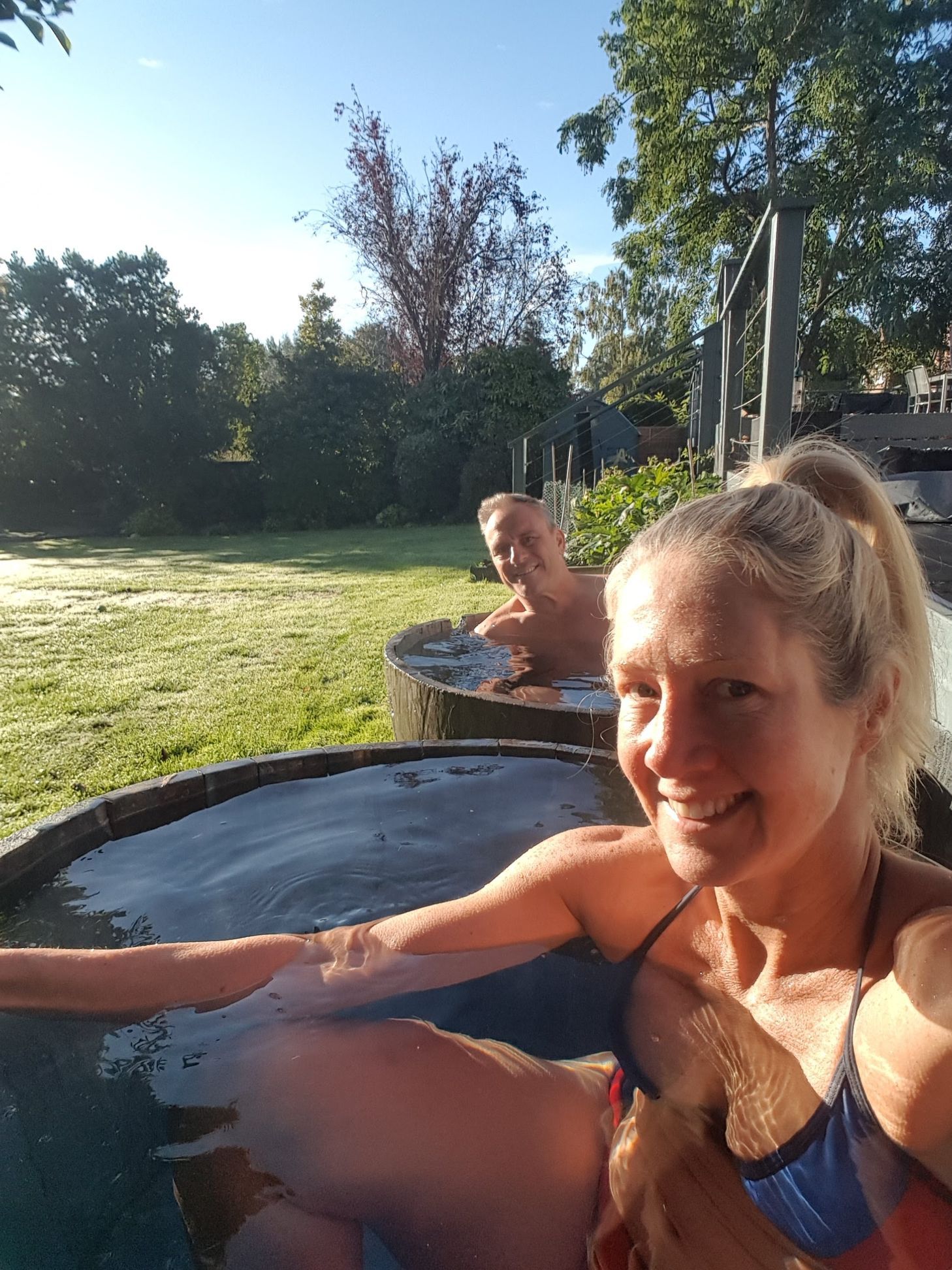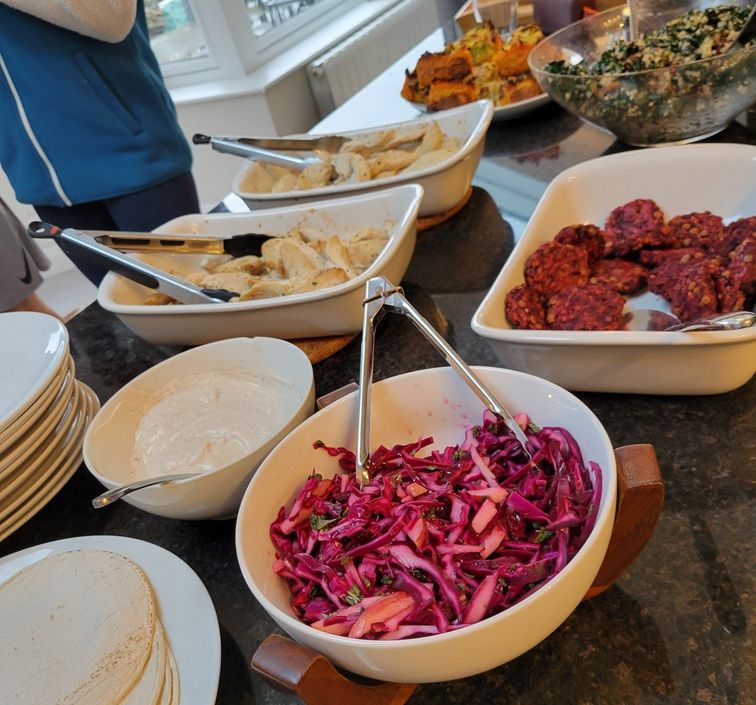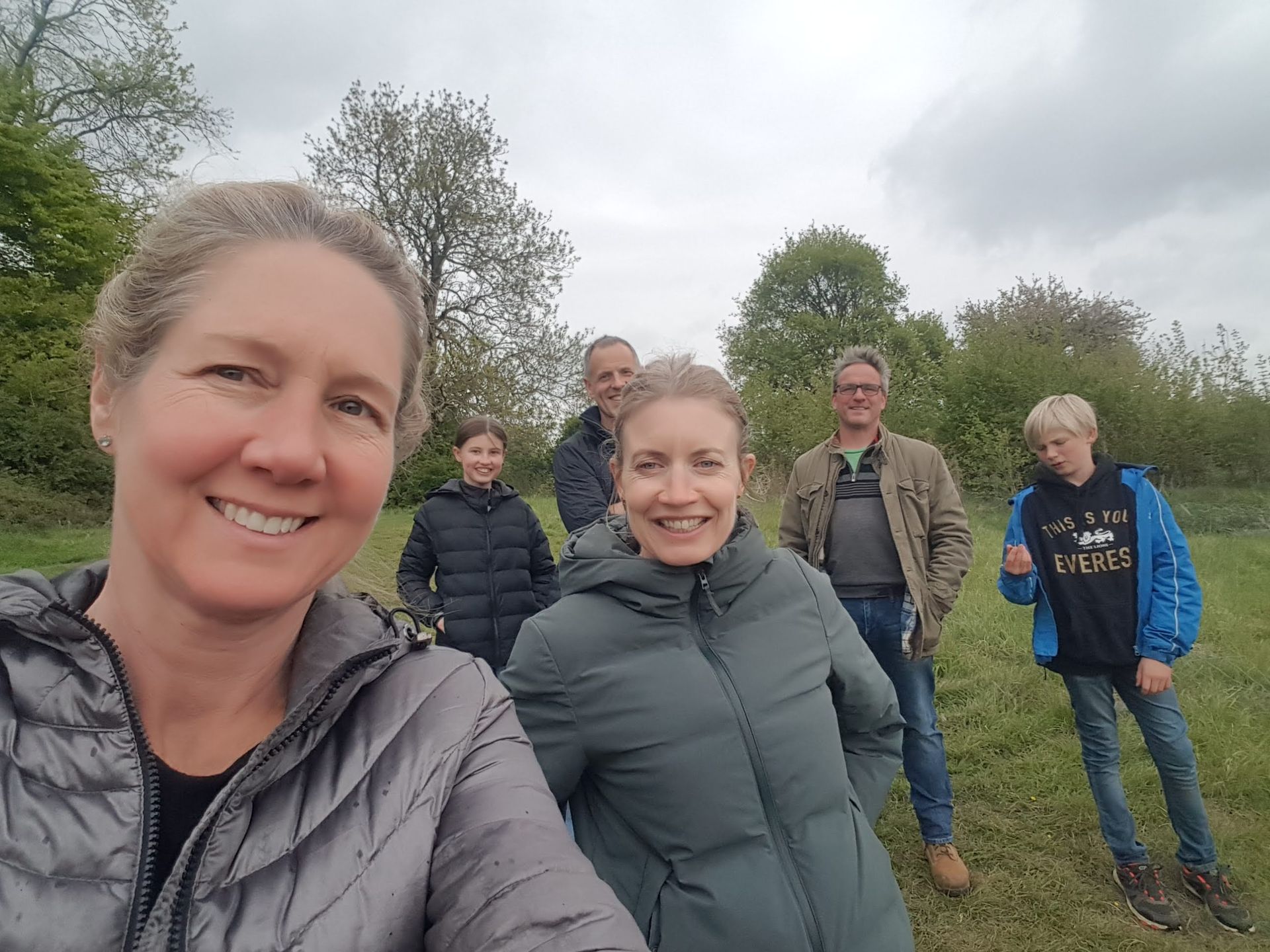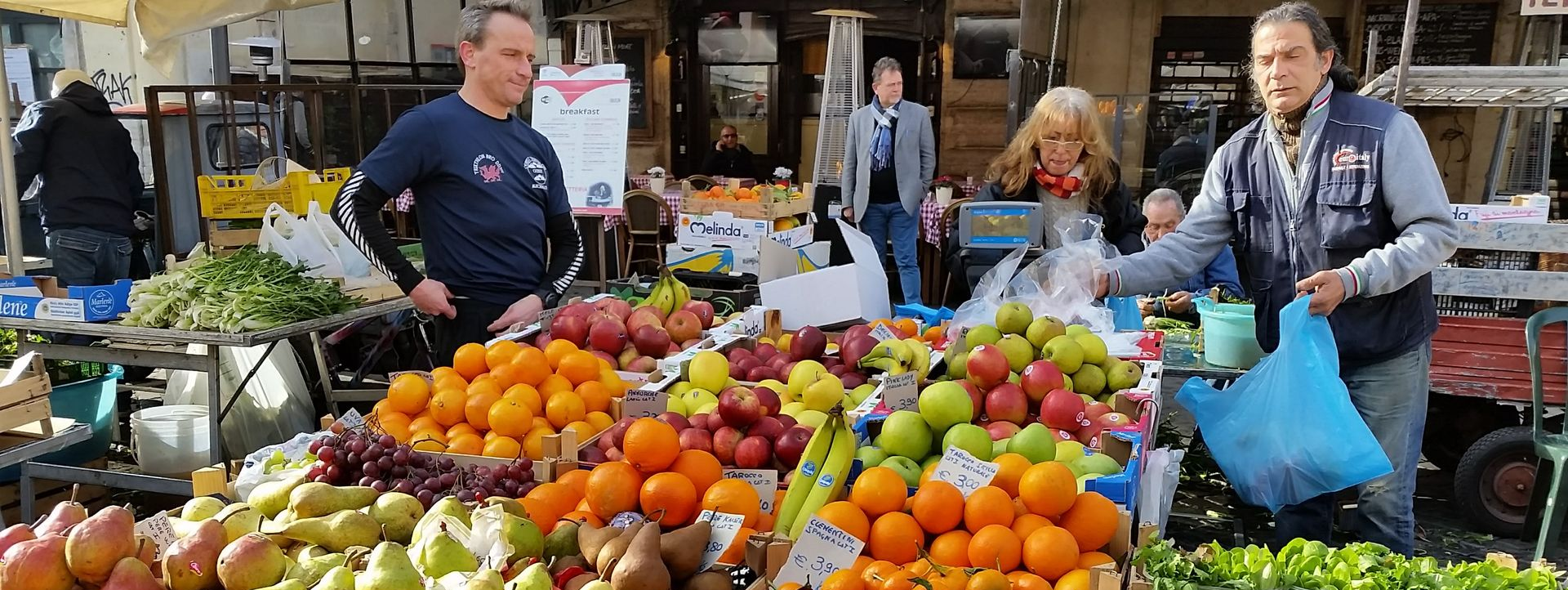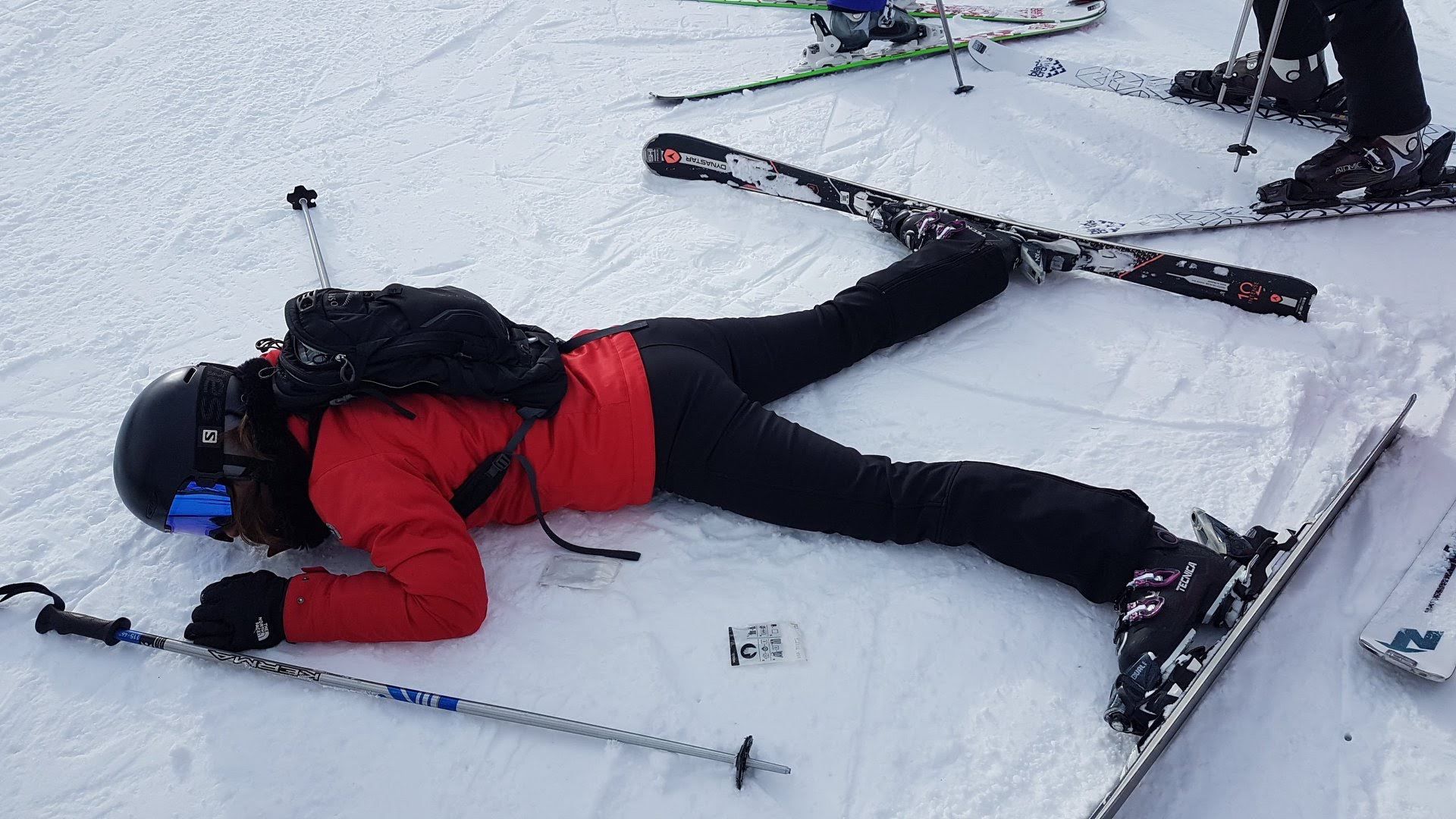HEALTHY EATING TIPS
Healthy Eating - Start Young!
Establishing good eating habits can start early in our, and are children’s lives. In alignment with the Atomic Habits principle; good habits are like compound interest – start early and feel the accumulated benefits in the future.
Similarly, establishing good habits early will help them to become an automatic response, rather than a daily decision.
With this in mind, Helen Burgess has shared her insights into ‘Healthy Eating Top Tips.’
Her perspective changed when she had her son back in 2013. The question she asked herself was, “What was the best food for him”. This became her purpose. Advice was conflicting and sometimes contradictory, therefore her quest took her to the College of Naturopathic Medicine, where she enrolled on their three year nutrition course.
During the course Helen learned, among many other things, the importance of child nutrition. During this time of phenomenal growth and development a child needs the best building blocks for a good start- as an example, 90% of our brain capacity develops before the age of 5 years so ensuring a diet rich in choline (found in eggs) and essential fatty acids (found in oily fish) is crucial.
Yet there are so many things in life that make it difficult for kids to eat well - intense junk food marketing, "kids 'menus" (why should the best food be reserved for adults), conflicting advice, confusing marketing of so-called 'healthy' food, fussy eating, money, time . . . . the list goes on. However the worryingly rapid rise in childhood obesity and childhood diabetes shows that we are facing some very serious problems.
Encouraging healthy eating habits from an early age is so important. To incorporate as much natural food as possible and as little processed, refined food whilst still keeping food prep quick and manageable for busy parents. I apply the 80/20 principle. Life is about balance. We blame ourselves enough as parents without punishing ourselves everytime our kids enjoy some cake or sweets!
Here are a few of my top tips:
- Incorporate smoothies into your week - a cup of strawberries, a chunk of cucumber (skin removed if preferred), half a banana, and a sprig of mint whizzed up in a blender with a cup of milk tastes like strawberry milk shake.
- Replace breakfast cereals with porridge and mashed banana, cinnamon and honey if your kids like a sweeter taste. This stabilises blood sugar and provides slow release energy.
- Gradually ease away from fizzy drinks and sweetened juices and replace with water or diluted juice. Some fruit teas (sweetened with a touch of honey if preferred)can be drunk warm or cold and appeal to some kids.
- Slowly move away from refined grains replacing them with whole grain bread, pasta, brown rice etc.
- Eat a rainbow. Let the kids decide how to create this - tomatoes, orange pepper, sweet corn, cucumber, beetroot followed bygrapes. Actually there are hardly any blue foods but plants absorb the bluerays of the spectrum so you could say blue is hidden in green!
- Cook as a family- this not only teaches younger ones a life skill that will sustain them for the rest of their lives, it helps overcome fussy eating.
- Swap spreads and margarines for grass-fed butter. Good fats are essential for a healthy brain and nervous system, and to absorb fat soluble vitamins. Serving veggies with melted butter transforms even the humble cabbage!
- Eat organic and seasonal where possible. This is especially true of animal products where there is a higher exposure to hormones, antibiotics and other chemicals which find there way into the food. For guidance google ‘the dirty dozen and the clean fifteen’.
- Finally sleep! While we sleep our stress and socortisol levels drop; our immune systems get stronger; our brains process complex information, consolidate memories and clear out toxins; and we release important hormones such as growth hormones - essential for kids!
Whatever age you are, it' s not too late to start making positive changes to your diet and nutrition.
Small changes will, and can, make a difference. Remember that the changes have an cumulative impact and you will feel the difference. Key is to ingrain these changes into your daily habit so that they become and automatic part of your daily routine.
About the author
Helen Burgess, Dip CNM, mBANT
Contact details - helpyburgess@icloud.com

